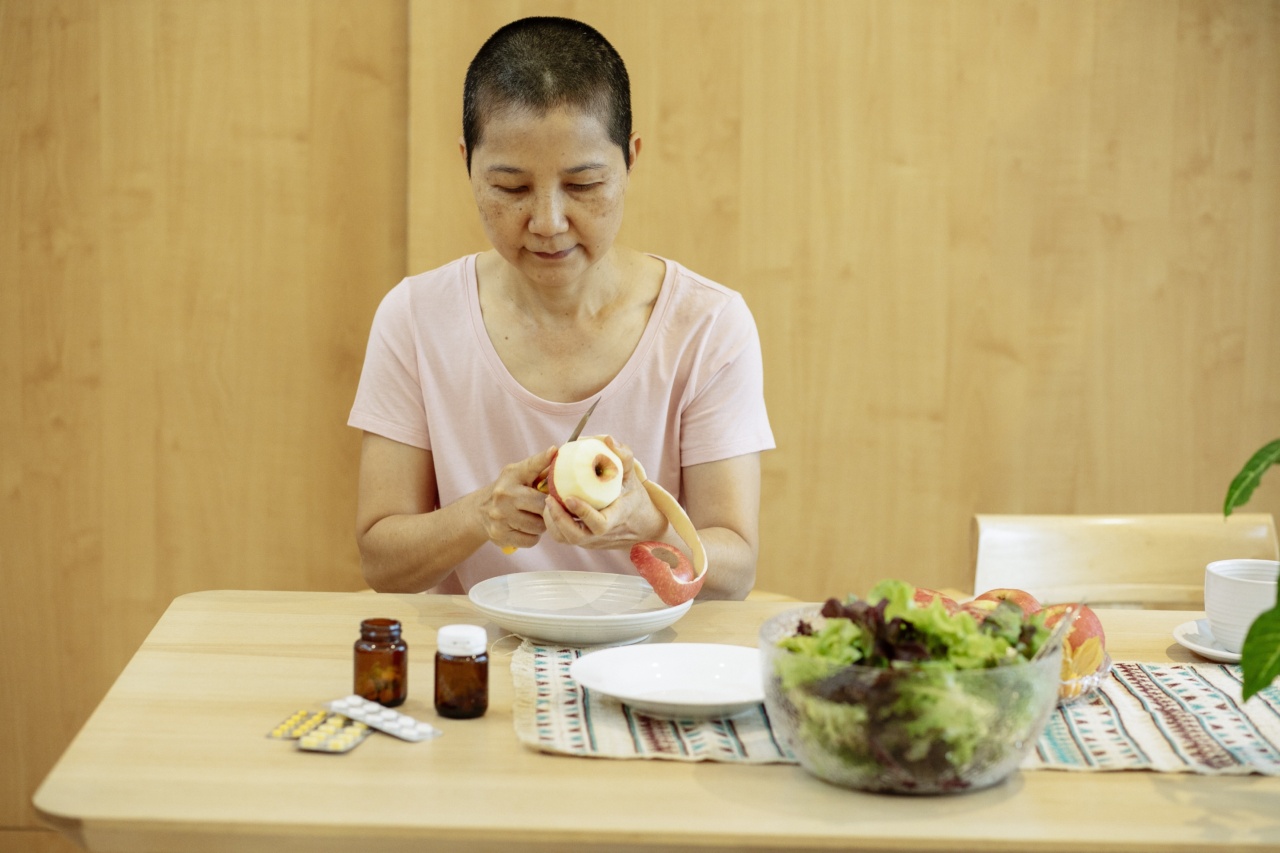When we reach the age of 45, various health concerns begin to emerge. One of the risk factors that many people may overlook is colon cancer. Colon cancer is a severe disease that affects thousands of people every year.
Interestingly, vitamin deficiency is one factor that can substantially affect colon cancer risk. In this article, we will examine how vitamin deficiency affects colon cancer risk and what you can do to lower your chances of developing this disease.
What is Colon Cancer?
Colon cancer – also called rectal cancer or colorectal cancer – is a disease that affects the colon or the rectum. The colon is part of the digestive system that removes water and salt from solid wastes and passes out these wastes through the anus.
The rectum is where the stool is stored before it leaves the body. When cancer cells develop in the colon or rectum, they can grow and multiply abnormally, leading to pain, discomfort, and potential complications such as anemia or bowel obstruction.
What Causes Colon Cancer?
There are several factors that can increase the risk of colon cancer, including:.
- Older age: the risk of colon cancer increases with age, and most cases occur after the age of 50.
- Family history: people who have a first-degree relative (parent, sibling, or child) with colon cancer have a higher risk of developing the disease themselves.
- Personal history: people who have had colon cancer before are at higher risk of developing it again.
- Unhealthy lifestyle: a diet high in red meat, processed meat, and saturated fat can increase the risk of colon cancer, as can smoking, alcohol consumption, and lack of exercise.
- Medical conditions: certain medical conditions such as inflammatory bowel disease (IBD) and hereditary syndromes such as Lynch syndrome can increase the risk of colon cancer.
How Vitamin Deficiency Affects Colon Cancer Risk
Vitamin deficiency is another factor that can significantly affect colon cancer risk. Vitamins are essential nutrients that help the body function properly. There are several vitamins that are crucial for maintaining a healthy colon, including:.
- Vitamin D: Vitamin D helps the body absorb calcium and maintain strong bones. Research has also shown that vitamin D can help reduce the risk of colon cancer by promoting the death of cancer cells and preventing their growth, especially when combined with calcium.
- Vitamin E: Vitamin E is an antioxidant that helps protect cells from damage caused by free radicals. Some studies have shown that taking vitamin E supplements can lower the risk of colon cancer, but more research is needed to confirm this.
- Vitamin C: Vitamin C is also an antioxidant that helps protect cells from damage. It may also help reduce the risk of colon cancer by preventing the formation of nitrosamines, which are carcinogenic compounds that can form in the colon.
- Vitamin K: Vitamin K is essential for blood clotting and bone health. It may also play a role in preventing colon cancer by regulating cell growth and preventing the development of cancerous cells.
Absorption of Vitamins by the Body
It is essential to understand how the body absorbs vitamins, as this can significantly affect their availability and impact in preventing colon cancer.
Vitamins can be obtained from food or supplements, but the body needs to be able to absorb them to benefit from them fully.
The absorption of vitamins is influenced by many factors, including:.
- The form of the vitamin: for example, vitamin D3 is better absorbed than vitamin D2
- Other dietary components: the presence of calcium can increase vitamin D absorption, while excess fat can reduce absorption
- The body’s ability to absorb: issues with the gut, such as inflammatory bowel disease, can affect absorption
- The amount of intake: high doses of vitamins can interfere with absorption by saturating the body’s stores of the vitamin and causing it to excrete excess amounts
Deficiency of Vitamins Affects Colon Cancer Risk
Vitamin deficiencies, therefore, can affect the body’s ability to absorb adequate amounts of vitamins, leading to a lack of these essential nutrients.
This can, in turn, affect colon cancer risk by reducing the body’s ability to prevent the growth and proliferation of cancer cells. For example:.
- Vitamin D deficiency has been associated with an increased risk of colon cancer. A 2018 study found that people with lower blood levels of vitamin D had a higher risk of colon cancer than those with higher levels of vitamin D. This may be because vitamin D deficiency can lead to abnormal cell growth and cell death inhibition, contributing to the development of tumors.
- Vitamin E deficiency can also affect colon cancer risk. A 2016 study found that low levels of vitamin E in the blood of people with colon cancer were associated with a poorer prognosis. This may be because vitamin E plays a role in preventing cell damage and inflammation in the colon.
- Vitamin C deficiency has also been associated with an increased risk of colon cancer. A 2019 study found that people with higher intakes of vitamin C had a lower risk of colon cancer than those with lower intakes. This may be because vitamin C helps protect the cells from DNA damage and oxidative stress that can lead to cancer.
- Vitamin K deficiency has been associated with an increased risk of colon cancer as well. A 2018 study found that people with low levels of vitamin K in their blood were more likely to develop colon cancer than those with higher levels. This may be because vitamin K is essential for regulating cell growth and death, and deficiencies may contribute to abnormal cell proliferation.
How to Reduce Vitamin Deficiency and Colon Cancer Risk
Fortunately, vitamin deficiency can be addressed by ensuring adequate intake through a healthy diet or supplements. Here are some ways to reduce the risk of vitamin deficiency and, therefore, colon cancer:.
- Eating a diet rich in fruits, vegetables, and whole grains is the best way to obtain vitamins and other essential nutrients. For example, foods high in vitamin D include fatty fish and dairy products, while foods high in vitamin C include citrus fruits, strawberries, and dark green vegetables such as spinach.
- Sun exposure is also essential for vitamin D synthesis. Spending 10-15 minutes in the sun each day can provide enough vitamin D for most people.
- Taking vitamin supplements can also help ensure adequate intake. However, it is crucial to follow the recommended daily intake and not exceed it, as excess vitamins can be harmful.
Conclusion
Vitamin deficiency can significantly affect colon cancer risk after 45. It is essential to ensure adequate intake of vitamins – especially vitamins D, E, C, and K – to reduce the risk of this severe disease.
By eating a healthy diet, getting sun exposure, and taking supplements when necessary, you can significantly lower your chances of developing colon cancer.






























